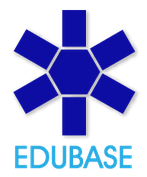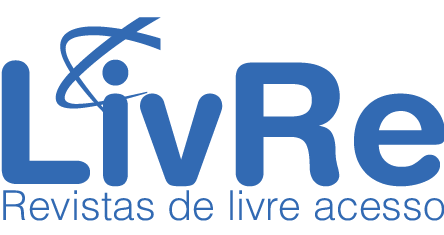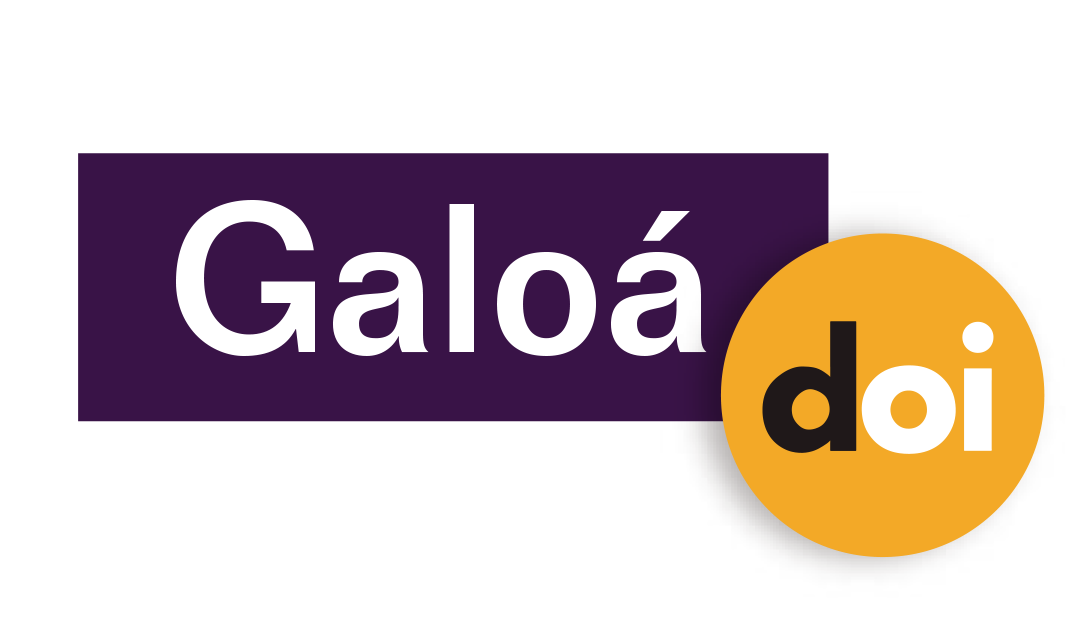Contextualised Approach to Mathematics in Engineering from the Perspective of Cognitive Dysfunctions
Resumo
Background: The relevance of enabling beginning students of engineering courses to solve problems directly related to their future professional activities, already in the initial subjects of mathematics, implies the need to elaborate such problems, implement them and analyse their potential in terms of construction and application of mathematical knowledge in different contexts. Objectives: In this article, we analyse the cognitive dysfunctions evidenced by the students during the process of solving a problem articulating the real functions of a real variable to the study of the characteristic curve of a semiconductor diode, content linked to the analogical electronics. Design: This qualitative-nature investigation is characterised, as field research, of exploratory-descriptive combined type. Environment and participants: the research subjects, seven students in the first semester of an engineering course offered by a private institution in the state of São Paulo, with an interest in following the control and automation qualification, participated voluntarily in the study. Data collection and analysis: three synchronous meetings were held in remote modality. For data collection, we used audio and video recordings of the discussions and the written productions of the students in such moments. In this article, we present the analysis of the first meeting. Results: We evidenced, among other aspects, cognitive dysfunctions that can lead to obstacles in the transposition of mathematical knowledge to extra-mathematical contexts. Conclusions: The results obtained allow, in the future, the planning of adequate mediations so that the teacher can help the students to convert the identified dysfunctions into sufficiently developed cognitive functions.
Palavras-chave
Articulation of mathematics with engineering; Theory of mathematics in the context of sciences; Cognitive phase; Theory of structural cognitive modifiability; Cognitive dysfunctions
DOI: https://doi.org/10.17648/acta.scientiae.7152
Apontamentos
- Não há apontamentos.
Direitos autorais 2023 Gabriel Loureiro de Lima, Barbara Lutaif Bianchini, Eloiza Gomes

Esta obra está licenciada sob uma licença Creative Commons Atribuição 4.0 Internacional.
ANÚNCIOS
Informamos que, a partir de outubro de 2024, a revista Acta Scientia volta a aceitar submissões de artigos para publicação.
Mais, informamos que sites fraudulentos, https://periodicos-ulbrabr.org e https://periodicos-ulbrabra.org, estiveram se passando pela Acta Scientiae, utilizando nosso nome e identidade visual e até solicitado taxas de APC, que nós não cobramos. Aconselhamos cautela para evitar serem enganados por sites semelhantes.
Conceito A2 na Capes(2021)
Índice h5 do Google Scholar: 13
Índice mediana h5 do Google Scholar:24
eISSN: 2178-7727
Indexações:
A Acta Scientiae é indexada em: | Scopus |  | Latindex |  | Edubase (SBU/UNICAMP) |
 | Sumarios.org |  | Google Scholar |  | Portal LivRe (CNEM) |
 | Journals for Free |  | REDIB |  | Galoá DOI |

Todos os trabalhos publicados aqui estão sob uma licença Creative Commons - Atribuição 4.0 Internacional.
